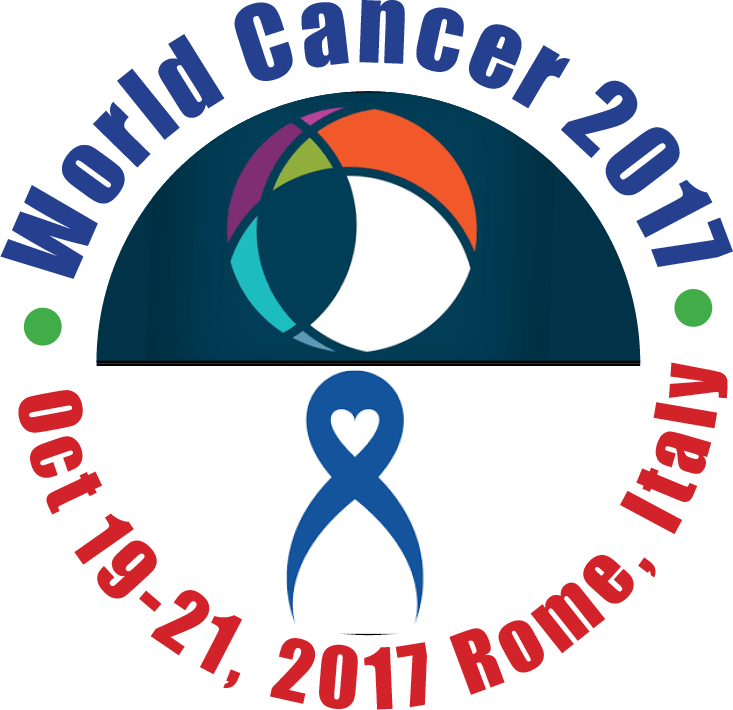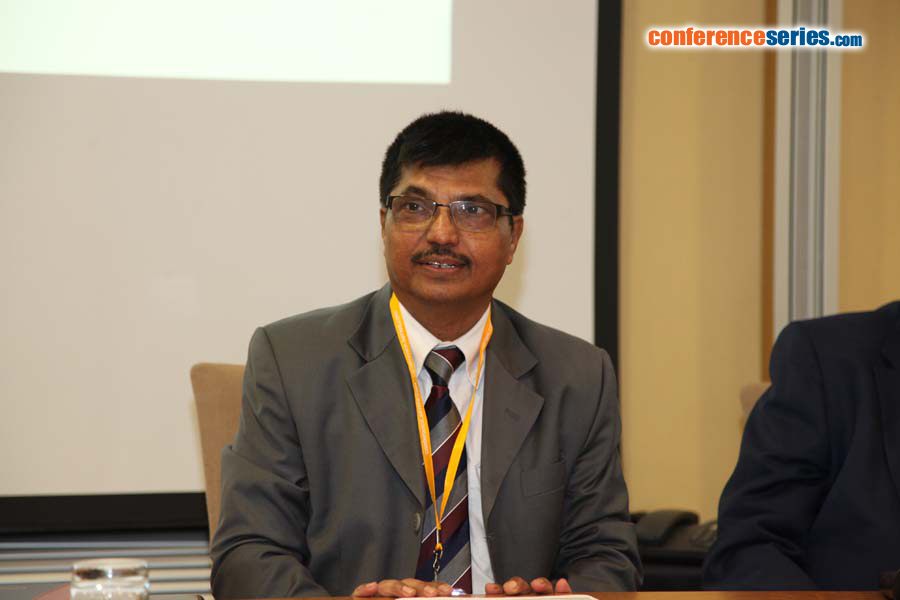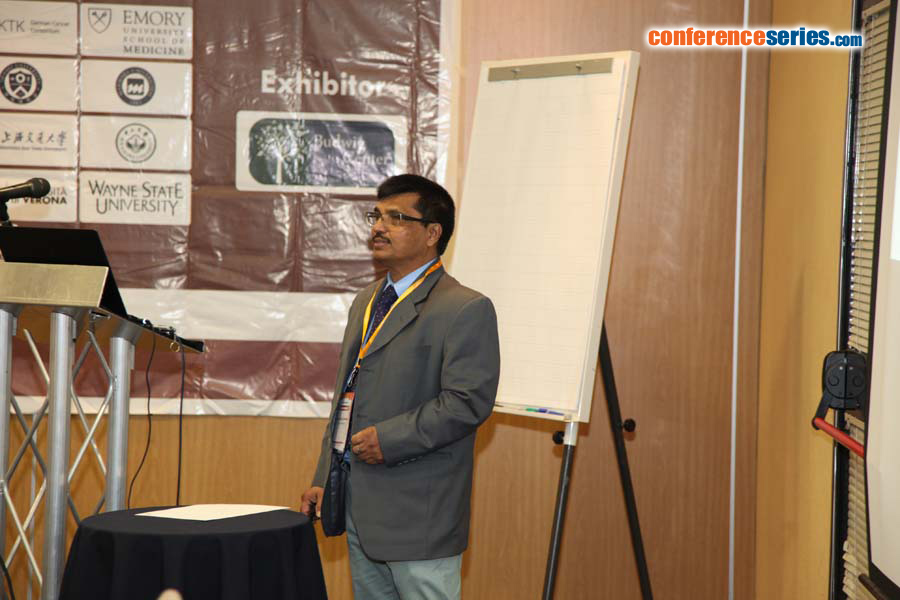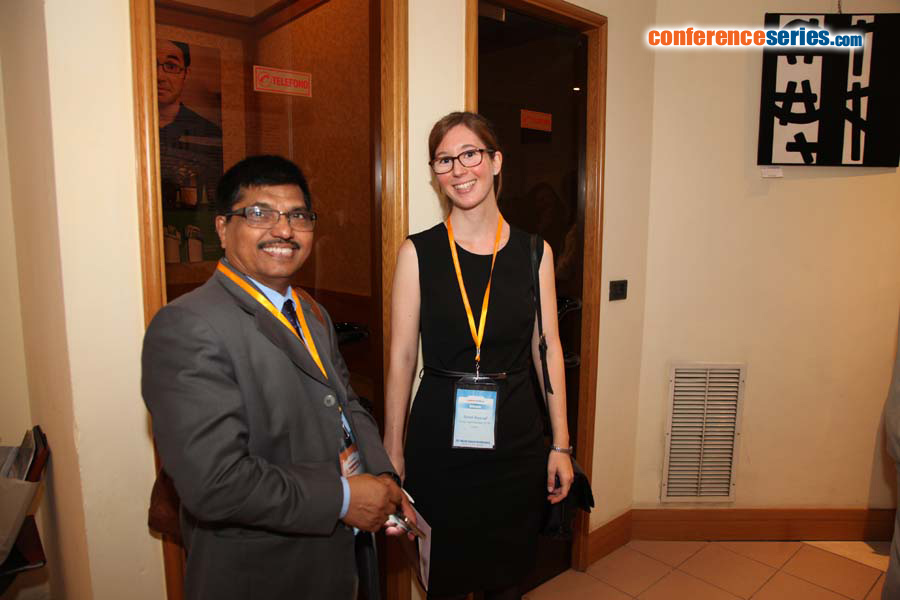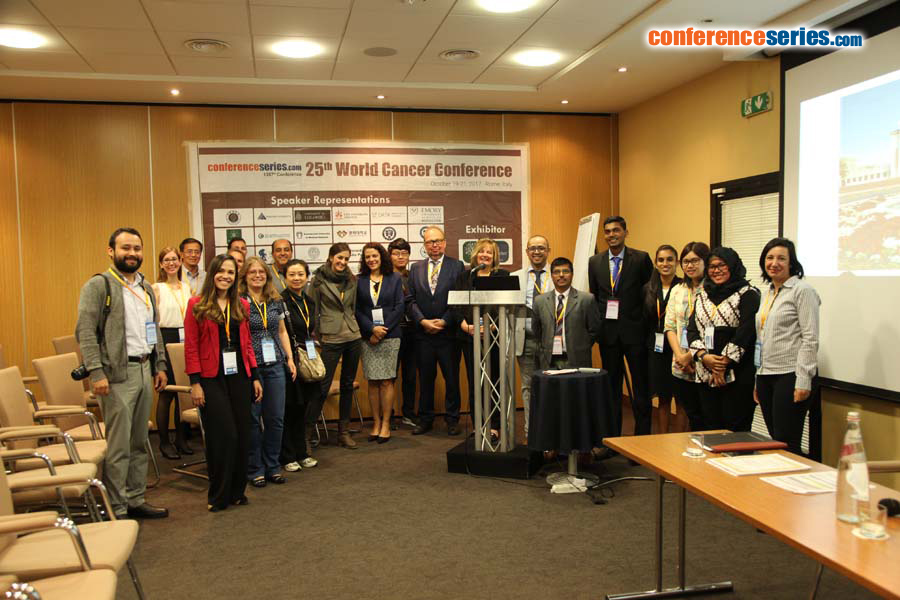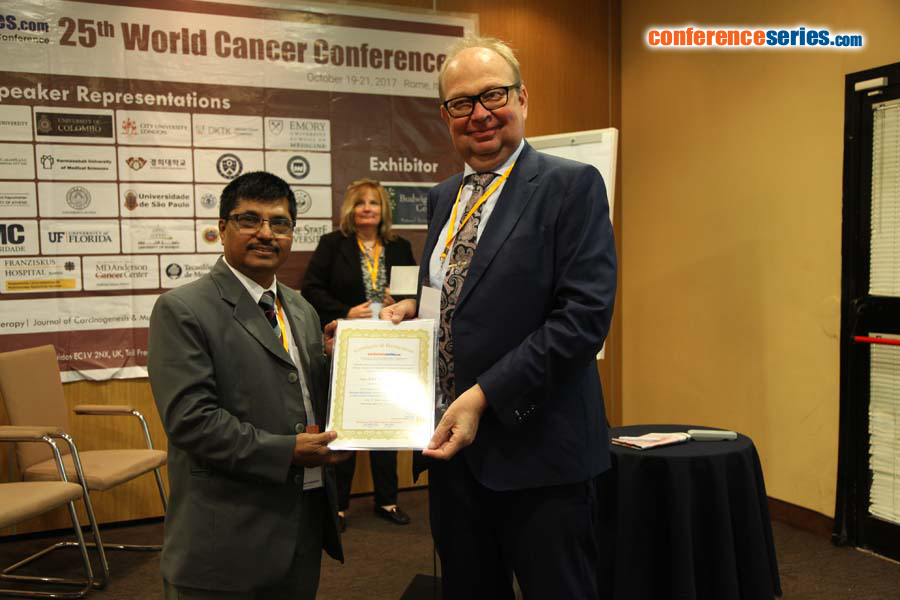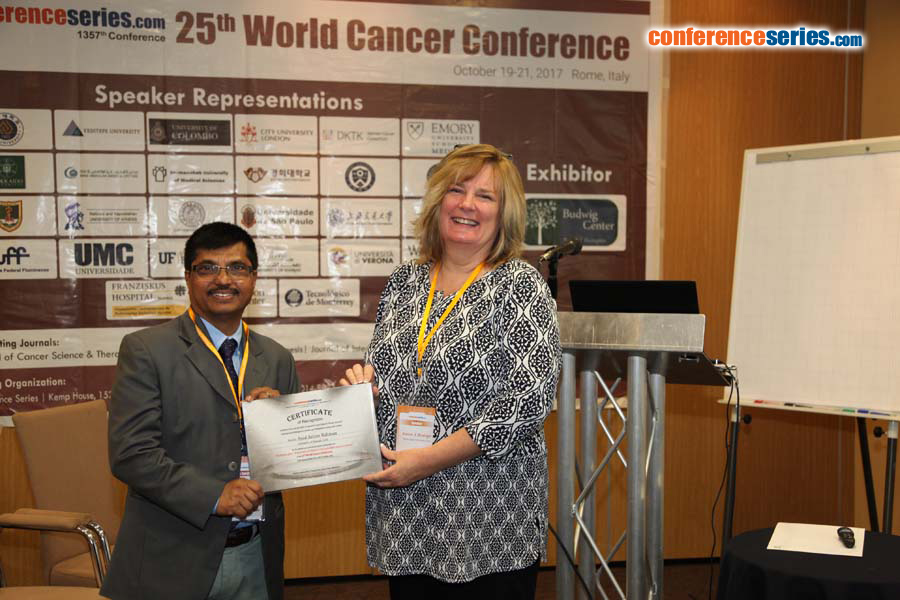
Syed Azizur Rahman
University of Sharjah, UAE
Title: Childhood cancer - A silent killer of children in low and middle-income countries
Biography
Biography: Syed Azizur Rahman
Abstract
Childhood cancer is an emerging health challenge in many developing countries. Globally, an estimated 215,000 children of < 15 years and 85,000 adolescents of 15-19 develop cancer each year, and 80% of them live in developing countries. This population will exceed 90% in the next two decades due to an increasing size of the young population in favor of developing countries. Over 100,000 children die needlessly every year, most without any basic effective pain relief, undiagnosed, misdiagnosed, diagnosed too late or not treatment at all. If diagnosed at an early stage, and if treatment is available, most childhood cancers are highly curable. At least 50% of childhood cancer can be cured by simple treatments. The survival gap between rich and poor countries is widening. The reason is mainly due to the success of pediatric cancer therapy in developed countries. Diagnostic and treatment protocols, and high adherence rates in these countries improve childhood cancer survival by 75-80%. However, in low and middle-income countries (LMIC), children are not benefitting from these improvements. Largely, because of abandonment rates are high and there are limited supportive care services to prevent treatment related morbidity or mortality. High treatment cost is preventing families from receiving care, contributing low adherence rates. Due to non-availability of universal health coverage, over 20% of families had to stop treatment because they could not afford it. Where families are living on $2 a day, drugs costing $1 a day are not affordable. Forty-four percent of cancer-affected children in a LMIC die prematurely as their parents cannot afford the cost of treatment. Access to relatively low -cost oncology medicine, quality of drugs are also major issue. In parts of Africa and Asia, between 50-70% percent of imported medicines are declared to be ineffective, fake or counterfeit. Lack of awareness in low-income countries is an issue for the children’s cancer. Children who are diagnosed with cancer in LMIC countries are virtually given a death sentence. Social stigma, perception of
incurability- refusal, traditional healers, lack of trained staff, palliative, curative care are some major constraints to address childhood cancer in developing countries. There is an urgent need to establish diagnosis and treatment protocols, set-up registration mechanisms, create awareness, improve access to effective and affordable (cost-effective) medications, staff training, social infrastructure and most importantly to engage international communities to come and support the few/meagre efforts taking places in LMIC. Children have long been the focus of global health efforts, but childhood cancer has fallen through the cracks - even in WHO and UNICEF.
